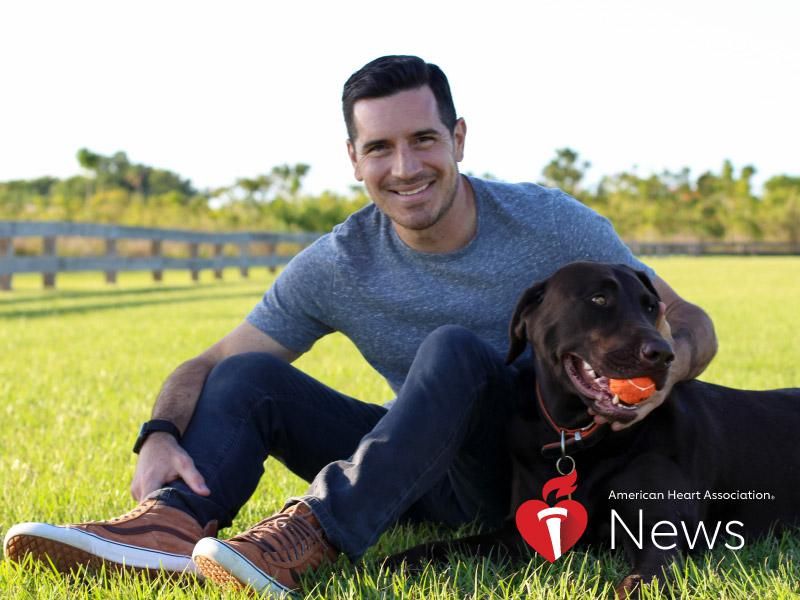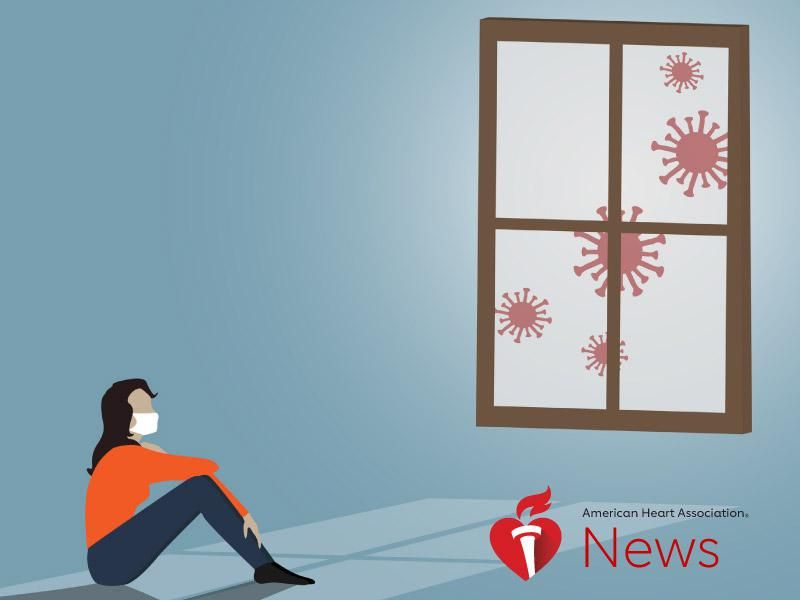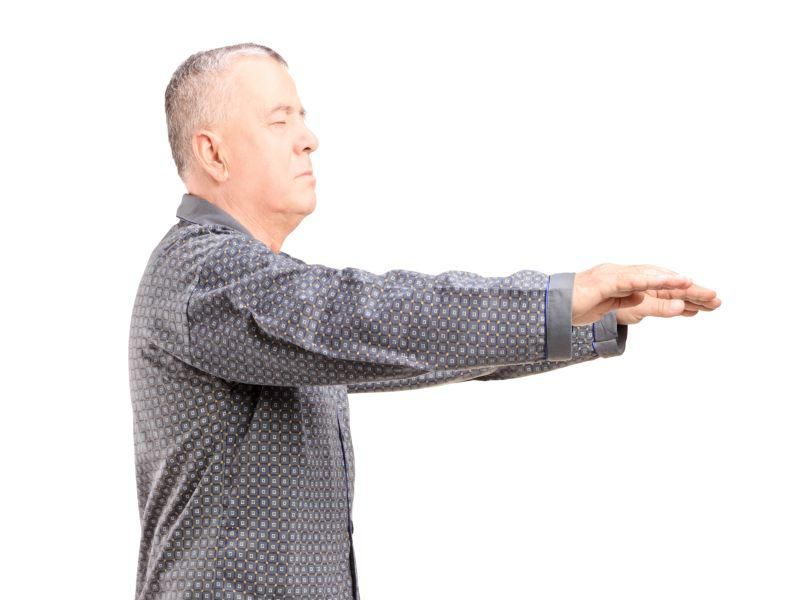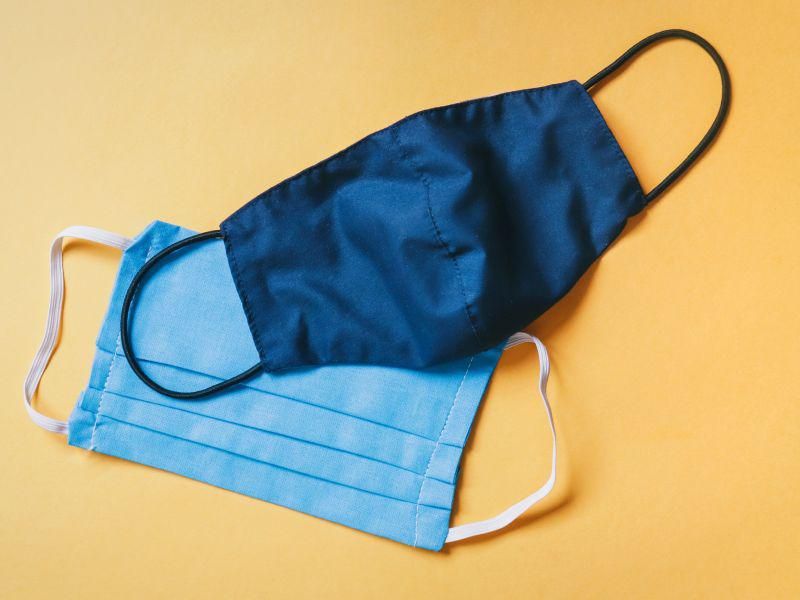
The percentage of U.S. doctors who are Black has barely risen in the past 120 years, and there’s still a wide pay gap between white and Black physicians, a new study finds. The analysis of U.S. Census Bureau data from 1900 to 2018 included about 150,000 physicians, with about 3,300 Black male physicians and 1,600… read on > read on >






























